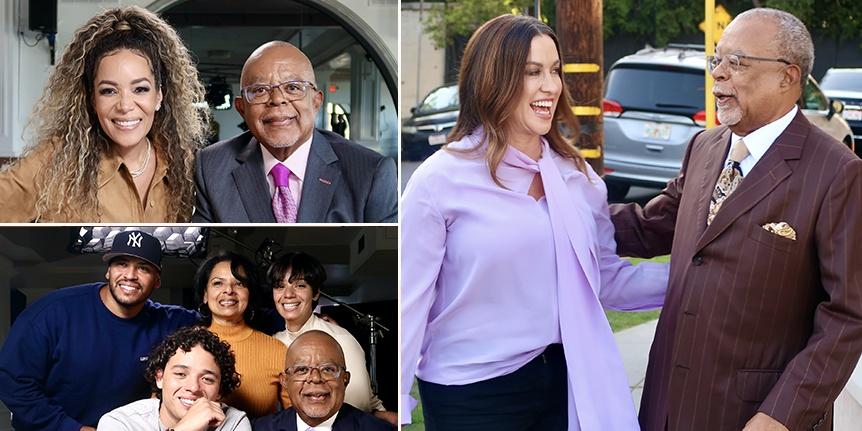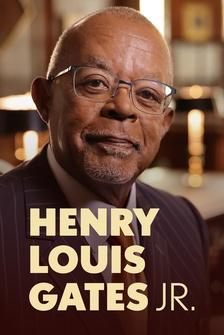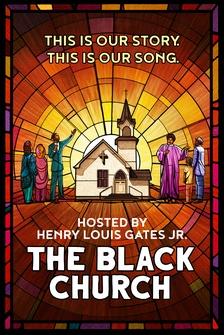(slow bright music) - [Man] We're related to a Mexican revolutionary.
Well, that's what my Abuela told me.
- [Woman] My father is Italian, but he said my grandparents were really from Germany.
- [Woman] I know very little about my family's history.
I haven't had a lot of luck finding more information.
- [Narrator] Every family has a story.
And these eight tips from the Finding Your Roots Team can help you discover yours.
So let's get started.
Reach out to relatives on both sides of your family to learn about your ancestors and past events.
- [Man] Abuelita, what do you know about your father?
- [Woman] Papa served in the military.
He was a quiet and mysterious man, always smirking.
Like he had a secret to tell.
You know, I don't have very many pictures of him.
- [Man] Whoa, he looks like me.
- [Narrator] Finding the keepers of family photos, documents and scrap books may point you toward good stories and even unsolved mysteries.
- [Man] Was he part of the Mexican revolution?
- [Woman] Well, actually it was your great, great grandmother.
- [Narrator] Build a family tree to get a better picture of your generations over time.
- [Man] Wait, she was the revolutionary?
- [Woman] That's right, here, I have her marriage certificate.
- [Narrator] Genealogy websites can help you find documents, like census, military records and birth certificates that reveal relationships to expand your family tree.
And if you hit a dead end, expand your tree sideways to brothers and sisters to see whether their records reveal unknown parents, grandparents or other clues.
- [Man] Maybe with her last name, I can find out more about her.
- [Woman] Yes, there's a lot of stories on her side.
She had a very big family.
- [Narrator] Search for compelling stories that your loved ones will find meaningful like immigration and wartime narratives - [Woman] Hijo, legend has it She disguised herself as a man so that she could fight - [Man] Oh what?
Wow Abuelita, I wish I could have met her.
- [Woman] I see much of her in you.
- [Narrator] Bring in DNA results to make even deeper connections and potentially uncover relatives in other family trees.
- [Woman] Dad, I got my DNA test results back.
It says we're like 45% German.
I thought you were Italian.
- [Narrator] Be ethical and compassionate when asking relatives about DNA testing or when you're sharing unexpected news.
- [Man] Well, I don't know very much about my family history.
Maybe we should reach out to someone else in our family?
- [Woman] Isn't someone in her family really into tracing family trees?
- [Man] Oh yeah.
My aunt has been researching her family for a long time.
I'll reach out to her.
- [Narrator] Collaborate with others to share research, documents and photos using shared storage like Google Drive, Dropbox or other Cloud service.
- [Man] Wow, that was fast.
She already got back to me with some links where we can share files.
- [Narrator] Invite relatives to help with specific tasks or team up with common DNA matches you find on genealogy websites.
- [Woman] Hey, your Aunt sent a link to a collection of newspapers dating all the way back to the early 1800s.
- [Narrator] Dig deep for details and use free websites such as Family Search, Chronicling America and Google.
- [Woman] Dad, I can't read any of these newspapers that your Aunt sent us.
- [Narrator] Free online translation tools, can help you decipher foreign language documents.
But maybe your search has got you stumped.
Your local library or university can be a big help.
- [Woman] Hi, I'm trying to learn more about my family history but I'm not sure where to look next.
- [Woman] Okay.
What have you found so far?
- [Woman] Well, I have census records that show my mother's ancestors moved from Tennessee to Oregon in the 1860s, but I don't know why.
- [Woman] It might have been because of the Homestead Act of 1860, that enticed many settlers to move to the American West.
Let's start there and see if we can learn more.
- [Narrator] Filling gaps with historical context to understand the era you are researching, even for your well-documented ancestors, it's important to understand what was happening when they were alive.
- [Woman] On my father's side, the tree stopped suddenly at my ancestor who was enslaved.
- [Woman] Well, many people were undocumented, had their names changed or taken from them, making them hard to find.
A great place for you to look might be the Freedman's Bureau records.
- [Woman] I can't wait to learn more and share with my family.
- [Narrator] Create take home mementos from the photos and documents you've collected from your research, they make great gifts for your family.
- [Woman] Now that we have our family tree, can we email it to the whole family?
- [Man] Actually, we can share it in person at the baby shower.
- [Woman] Dios Mio, I'm going to be a great-grandmother.
- [Narrator] Tune in to "Finding Your Roots" to watch family stories unfold.






